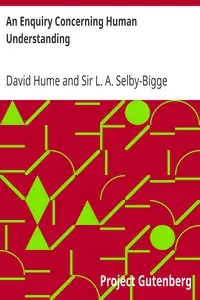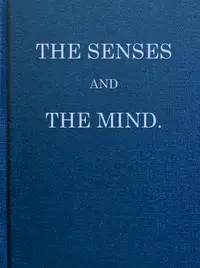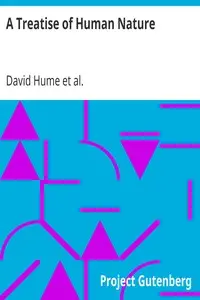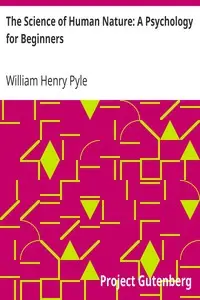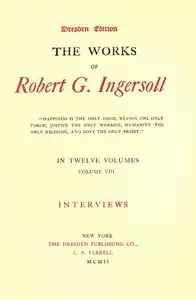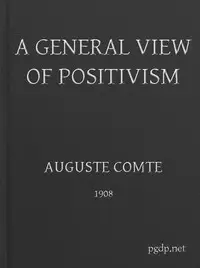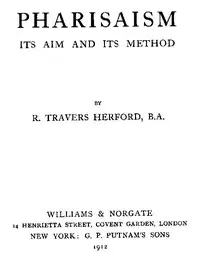"A Treatise of Human Nature" by David Hume is a philosophical exploration into what makes us human. Hume investigates the fundamental rules that govern our minds, particularly how we think and feel. He examines the link between our immediate experiences, called impressions, and the thoughts that come from them, known as ideas, and argues that our understanding of the world is built upon this connection. The book begins by laying out Hume's method, explaining that everything we perceive comes in these two forms: strong, direct impressions and weaker, reflected ideas. His goal is to sort out these perceptions, show how simple ideas come from simple impressions, and build a basic understanding of human nature that could influence areas like morality and how we relate to each other.
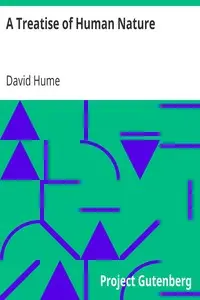
A Treatise of Human Nature
By David Hume
Discover how our understanding of reality is shaped by the vivid experiences that become the foundation of our thoughts.
Genres
Released
2003-12-01
Formats
epub3 (images)
epub (images)
epub
mobi
mobi (images)
txt
Free Download
Summary
About the AuthorDavid Hume was a Scottish philosopher, historian, economist, and essayist who was best known for his highly influential system of empiricism, philosophical scepticism and metaphysical naturalism. Beginning with A Treatise of Human Nature (1739–40), Hume strove to create a naturalistic science of man that examined the psychological basis of human nature. Hume followed John Locke in rejecting the existence of innate ideas, concluding that all human knowledge derives solely from experience. This places him with Francis Bacon, Thomas Hobbes, John Locke, and George Berkeley as an empiricist.
David Hume was a Scottish philosopher, historian, economist, and essayist who was best known for his highly influential system of empiricism, philosophical scepticism and metaphysical naturalism. Beginning with A Treatise of Human Nature (1739–40), Hume strove to create a naturalistic science of man that examined the psychological basis of human nature. Hume followed John Locke in rejecting the existence of innate ideas, concluding that all human knowledge derives solely from experience. This places him with Francis Bacon, Thomas Hobbes, John Locke, and George Berkeley as an empiricist.
Total Reviews
10.0k
Total reviews from Goodreads may change

